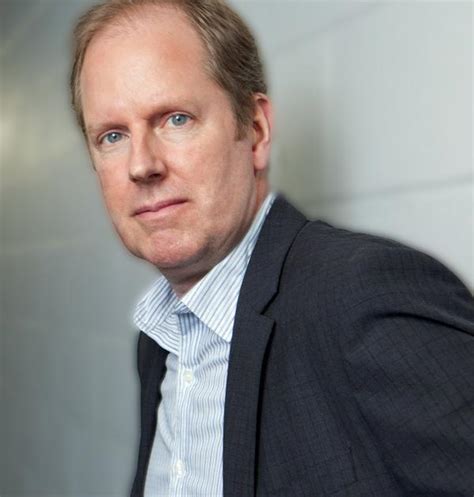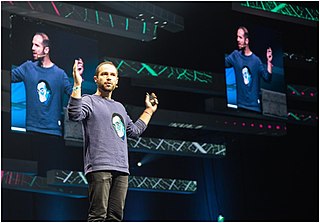A Quote by Neil Blumenthal
Successful entrepreneurs are pretty methodical about the problem they're trying to solve.
Related Quotes
A beautiful question shifts the way we think about something and often sets in motion a process than can result in change. Entrepreneurs-o r at least the successful ones-do a great job asking beautiful questions. They almost have no choice -their whole reason for being is to disrupt, innovate, solve a problem no one else is solving.
People have been trying to do kind of natural language processing with computers for decades and there has only been sort of slow progress in that in general. It turned out the problem we had to solve is sort of the reverse of the problem people usually have to solve. People usually have to solve the problem of you're given you know thousands, millions of pages of text, go have the computer understand this.
I'm convinced that about half of what separates the successful entrepreneurs from the non-successful ones is pure perseverance... Unless you have a lot of passion about this, you're not going to survive. You're going to give it up. So you've got to have an idea, or a problem or a wrong that you want to right that you're passionate about otherwise you're not going to have the perseverance to stick it through.
When I was first thinking about what would become Venture for America, I was trying to figure out how to solve a problem - that our top young people were being driven to roles that did not, to me, address the needs of our time. That VFA would be a non-profit just seemed like the most efficient way to solve the problem.
Solving the population problem is not going to solve the problems of racism, of sexism, of religious intolerance, of war, of gross economic inequality. But if you don't solve the population problem, you're not going to solve any of those problems. Whatever problem you're interested in, you're not going to solve it unless you also solve the population problem. Whatever your cause, it's a lost cause without population control.
Whether you were talking about Pillsbury, Burger King, Godfather's, the National Restaurant Association, in each one of those situations, I had a daunting problem that I had to solve. And I used the same business principles to approach the problem and, more importantly, solve the problem in every one of the situations.

































